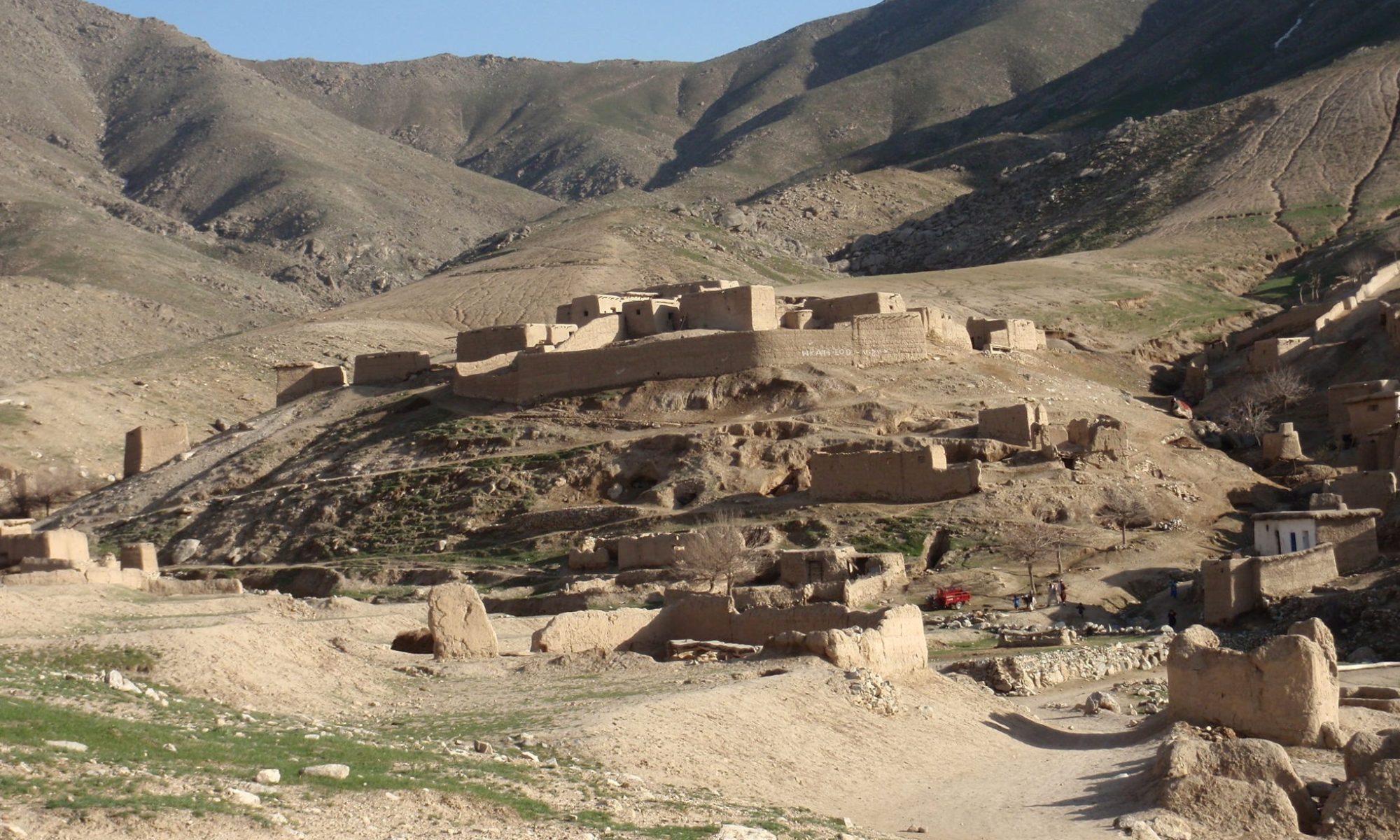Throughout history…
… empires have come and gone. Movements have swelled and subsided. Titanic figures have swash-buckled their way across the stage, and then vanished into oblivion. Life is change. History is upheaval.
Does anything endure?
The easy answer would be: No. But let’s look deeper. Are there not certain underlying themes?
Take, for example, the border that exists between the two fundamental sides. Yes there are only two sides: the inside and the outside. Look anywhere in history, pick out any event, and you can discern this border in the mix. And it’s not just true of history. All of life, at every level, from amoebas to empires can be described as the story of the interaction between the inside and the outside. The fundamental unit of life, which is the cell, exists only by virtue of a membrane that separates inside from outside.
We humans are always on that border as groups. We’re always grappling with Whatever’s Out There, and we don’t really know what is Out There. We do our best to know. We look, listen, feel our way, sniff the air. We ask each other what we’ve seen. We tell each other what someone’s told us. We pass on rumors. We share conclusions with our fellow humans. We pool our evidence and make collective decisions. We construct a model of the world that we all agree on. We operate within that shared model as individuals, because only thus can we sync up with our fellow humans. None of us would make it alone.We’re social animals. We’re all in this together.
But this model we’ve built with our fellow humans is not the world itself. It’s an imaginary world that we’ve built collectively, and inhabit communally. As long as it works, we have no reason to think of it as anything but the world. The trouble is, the model never completely works. Undetected asteroids are always hurling toward us from the unknowable Out There. Even between crises, our model of reality is always in the process of becoming obsolete.
Five hundred centuries ago, we humans lived entirely as hunters and foragers. What our greatest experts knew was where the animals could be found and what plants could be consumed. Some eighty centuries ago, we figured out that we could fence off little parts of Out There and alter it to suit our needs. As farmers, we turned bits of Out There into parts of In Here. We gathered with others and built sturdy shelters and enlarged the extent of the World in Here. As bigger groups, we found that we could even tame rivers and alter the shapes of mountains and turn them into parts of What’s In Here.
But Out There was still out there. It was still the immense unknown, always presenting new faces that forced us to keep adapting our model. We couldn’t know, for example, that such a thing as contagious diseases existed until we had cities. We couldn’t recognize pollution as a danger until we learned to power machines by burning stuff. Hello, climate change. New threats. New opportunities. That’s what is constantly emerging on the border between In Here and Out There. And that’s where the whole drama of human history takes place. History is the story of our adventures on that ever-changing frontier.
Ultimately, we human beings are a single human creature, looking for the way to keep on keeping on. It’s a drama because we’re looking for it as sub-groups. That’s just the way we humans roll. Sometimes, various subgroups of all humanity agree, sometimes they clash, sometimes they merge. From ground level, one sees many separate stories. From the birds-eye view, one might see the story of one whole distributed animal trying to interface with a real world of unknown size and complexity. One might see the Whole Human Animal, thinking, probing, working out a plan–but doing so in the way that our species does: as subgroups working on many different plans. That’s our evolutionary strategy. That’s the key to our success.
The enduring problem of human history is this: None of us really is the Whole Human Animal. No combination of human groups is the Whole Human Animal. Our success depends on being, at any given time, many different groups trying out many different plans. We need our differences.
But the coin does have that all-important other side. All of us depend on the health of the Whole Human Animal. If it’s sick, we’re all sick. Which suggests, we’d better ponder who we are as a whole. Because like it or not, we’re all characters in one big story: we all have some effect on where that story goes, and we all have a crucial stake in its outcome.
My upcoming book The Invention of
Yesterday, A 50,000 Year History of Human Culture, Conflict, and Connection
explores the interaction between Self and Other as one of the engines of
history. Look for it wherever books are sold on October 1, 2019.

